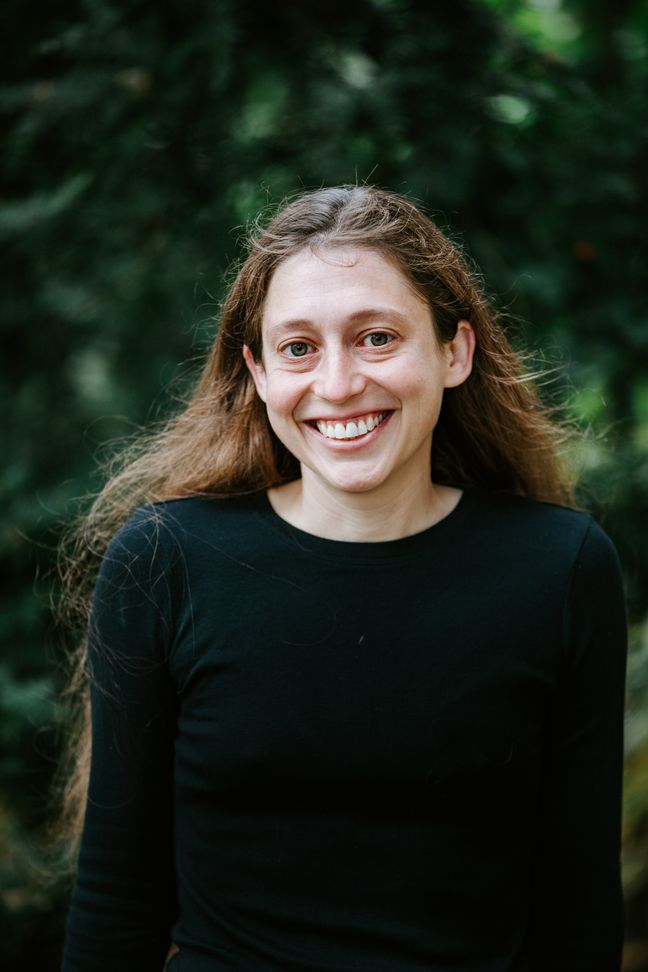Speakers

Christina Cuomo
Broad Institute

Bin He
Iowa University

Charissa De Bekker
University of Central Florida

Richard Hamelin
University of British Columbia

Lori Huberman
Cornell University